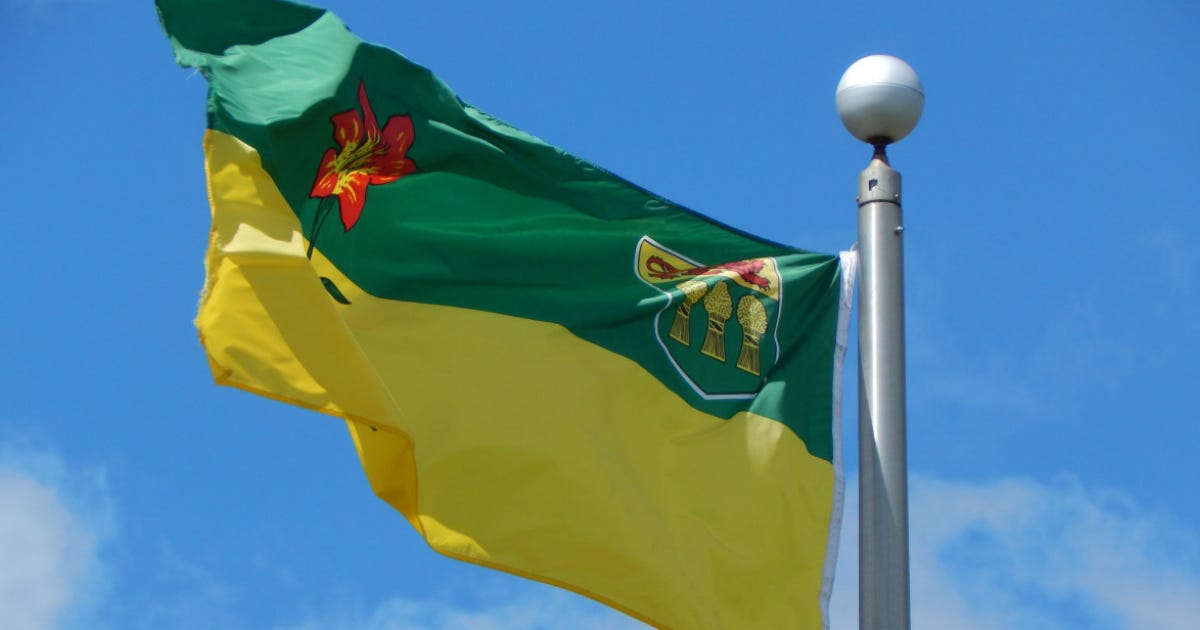Saskatchewan exports to China plummet in wake of EV tariffs
Saskatchewan’s canola exports to China have crashed by 76 per cent following retaliatory tariffs imposed by Beijing after Canada’s 100 pet cent tariff on Chinese electric vehicles.
Saskatchewan’s canola exports to China have crashed by 76 per cent following retaliatory tariffs imposed by Beijing after Canada’s 100 per cent tariff on Chinese electric vehicles.
Saskatchewan Premier Scott Moe has been facing mounting pressure to persuade the federal government to walk back its EV tariff after China quietly escalated a trade dispute with Canada by imposing a 75.8 per cent tariff on Canadian canola in August.
According to Statistics Canada, Saskatchewan suffered a 76 per cent drop in exports to China in August, compared to the year before, with a steep decline beginning in June.
Roughly 60 per cent of the province’s Chinese exports are related to food production and farming. China has since pivoted to Australia to secure canola supplies. China is Canada’s second-largest market for canola, worth nearly $5 billion in exports in 2024.
The decision to impose canola tariffs followed an anti-dumping investigation launched by Beijing last year. China’s commerce ministry said the probe began in direct retaliation to Ottawa’s “discriminatory unilateral restrictive measures” — EV tariffs.
Moe had previously expressed a desire for Ottawa to remove the electric vehicle tariff, but only if Canada remained on good terms with the United States. He has since stated that removing it would not be a simple solution.
Canada imposed the duty in conjunction with the United States, which also has a 100 per cent tariff on Chinese electric vehicles. Canada has argued the measure is intended to protect the country’s automobile industry.
Moe and Prime Minister Mark Carney’s parliamentary secretary, Kody Blois, travelled to Beijing last month to meet with officials and try to resolve the issue.
While those meetings were said to be “productive,” Moe’s office said Ottawa must keep the communication lines open with Beijing.
Opposition NDP trade critic Aleana Young said Moe must take a stronger stance on getting EV tariffs removed.
“[Moe] should be on the phone every single day with the prime minister of Canada, making the case that these tariffs need to come off to help Saskatchewan’s economy,” Young told reporters Wednesday.
“People are worried about the impact that this is going to have on their ability to keep crops in the bin, what this will mean for next year and whether they’re going to be in a position to keep their family farms going.”
Meanwhile, Alberta Premier Danielle Smith called the tariff “crushing” for farmers, noting nearly 70 per cent of Alberta’s canola seed exports go to China.
She urged Ottawa to act immediately to resolve the dispute and “reopen access to this Manitoba Premier Wab Kinew estimated western producers lost $1 billion in a single day as a result of the tariff, and warned that more losses should be expected.
With 12 million acres of canola seeded in Saskatchewan this year, Moe said the industry is “significantly larger than the steel, aluminum and EV industries combined” and deserves the same federal attention.
“Saskatchewan will continue to call on the federal government to make this happen and remains ready to offer any insight or assistance if required,” reads a statement from Moe’s office released Wednesday.
“Our government will always stand up for Saskatchewan producers and take no lessons from the NDP with their disastrous economic policies that would wreck our economy.”
China has previously restricted Canadian canola imports, notably in 2019, banning shipments from two major exporters during the Huawei Meng Wanzhou affair.
The Canola Council of Canada estimated the ban cost exporters $2.35 billion before it was lifted in 2020.




